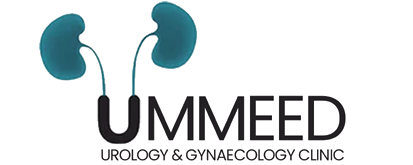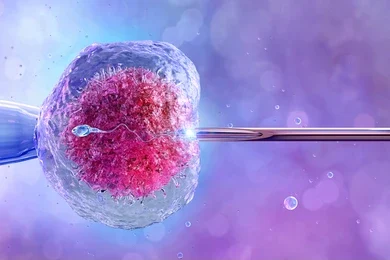A Comprehensive Guide to Maternity Care for Expectant Parents.
Bringing a new life into the world is a profound and transformative experience. For expectant parents, the journey towards parenthood involves a series of crucial steps, beginning with comprehensive maternity care. From the early stages of pregnancy to the postpartum period, understanding and navigating maternity care is key to ensuring the health and well-being of both the mother and the newborn. In this comprehensive guide, we will explore the various facets of maternity care, providing essential information and insights for expectant parents.
1. Prenatal Care: Building the Foundation
The journey of maternity care begins with prenatal care, a cornerstone for a healthy pregnancy. Early and regular prenatal check-ups with healthcare providers are crucial. These visits typically involve monitoring the mother’s health, checking the baby’s growth and development, and offering essential guidance on nutrition, exercise, and overall well-being. Prenatal care lays the foundation for a smooth and healthy pregnancy by addressing potential concerns and ensuring that both mother and baby are progressing well.
2. Choosing the Right Maternity Care Provider
Selecting the right maternity care provider is a pivotal decision for expectant parents. Options include obstetricians, midwives, and family practitioners, each offering a unique approach to care. Obstetricians specialize in pregnancy and childbirth, while midwives focus on providing personalized, holistic care. Family practitioners offer a comprehensive range of healthcare services for individuals and families. Understanding the differences between these providers allows expectant parents to make an informed choice based on their preferences and health needs.
3. Labor and Delivery Options: Tailoring the Experience
As the due date approaches, understanding labor and delivery options becomes paramount. Creating a birth plan, outlining preferences for pain management, and choosing who will be present during labor are essential aspects. Maternity care providers collaborate with expectant parents to ensure that the birthing experience aligns with their desires while prioritizing the health and safety of both mother and baby.
4. Postpartum Care: Nurturing the Mother and Newborn
Maternity care extends beyond the delivery room to encompass postpartum care, a critical phase for the recovery and well-being of both mother and newborn. Postpartum check-ups assess the mother’s physical recovery, provide breastfeeding support, and address any emotional challenges. This phase also focuses on the newborn’s health, ensuring proper growth, and feeding, and addressing any concerns that may arise in the early weeks of life.
5. High-Risk Pregnancies: Specialized Maternity Care
Some pregnancies are deemed high-risk due to various factors such as pre-existing medical conditions, multiple pregnancies, or a history of complications. Specialized maternity care is essential for monitoring and managing these high-risk pregnancies. Close collaboration between expectant parents and healthcare providers helps navigate potential challenges and ensures the best possible outcomes for both mother and baby.
6. Childbirth Education Classes: Knowledge Empowers Confidence
Childbirth education classes play a pivotal role in preparing expectant parents for the birthing experience. These classes cover a range of topics, including the stages of labor, pain management techniques, and newborn care. By attending these classes, expectant parents gain valuable knowledge, fostering confidence and preparedness for the transformative journey ahead.
7. Maternity Care Insurance Coverage: Navigating Financial Considerations
Understanding maternity care insurance coverage is a practical consideration for expectant parents. Navigating insurance policies, comprehending coverage limitations, and exploring options for financial assistance ensures that maternity care remains accessible to all. Early discussions with insurance providers help clarify coverage details, allowing expectant parents to plan effectively for healthcare expenses.
8. Integrating Holistic Approaches: Enhancing Well-Being
Holistic approaches to maternity care involve integrating complementary therapies to enhance overall well-being. Prenatal yoga, acupuncture, and mindfulness practices contribute to physical and emotional wellness during pregnancy and beyond. These approaches, when incorporated into maternity care plans, support a holistic and positive pregnancy experience.
Conclusion: Navigating the Journey Toward Parenthood
“Navigating the Journey: A Comprehensive Guide to Maternity Care for Expectant Parents” aims to empower individuals embarking on the incredible journey of parenthood. By providing a detailed exploration of prenatal care, choosing maternity care providers, labor and delivery options, postpartum care, and other essential aspects, this guide serves as a roadmap for navigating the complexities of this transformative period in life. Access to comprehensive maternity care is fundamental to the well-being of both the mother and the newborn, and this guide seeks to ensure that expectant parents are well-informed and supported throughout every stage of their remarkable journey toward parenthood.







